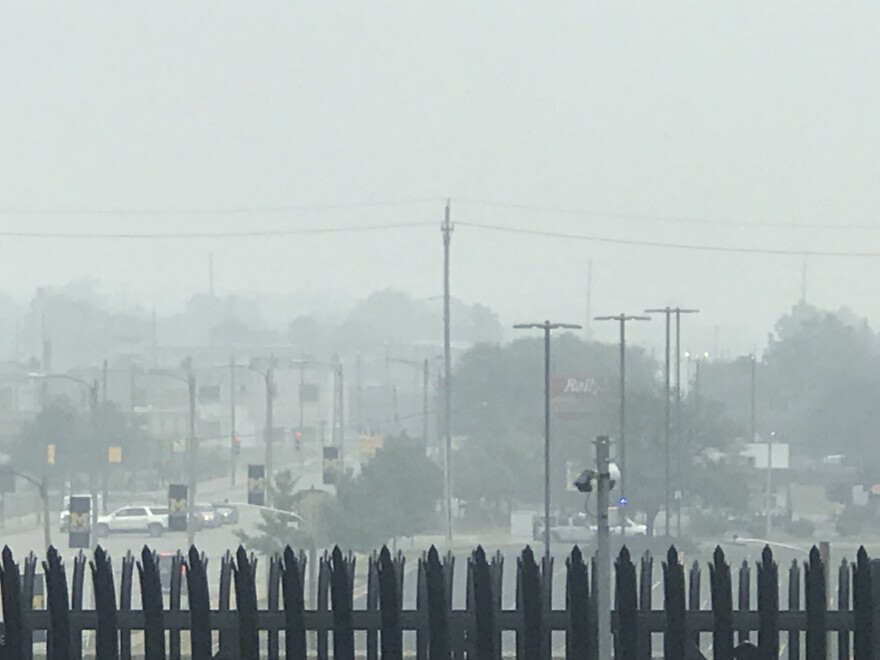The recent series of air quality alerts throughout Michigan highlights the need for air quality sensors in the state’s most polluted communities.
That’s what some environmental justice advocates are pushing for. They say communities already suffering the burden of poor air quality need those sensors to determine how safe their air really is to breathe.
John Petoskey, an attorney with the group Earthjustice, said pollution driven by climate change, such as the recent Canadian wildfires, creates additional concerns. “With climate change and the recent air quality alerts, we're seeing how climate pollution combines with existing industrial pollution and environmental justice communities,” Petoskey said.
Petoskey said that’s especially true in communities like the one on Flint’s north side, which unsuccessfully tried to fight off a new asphalt plant. People living near that facility have unusually high rates of asthma, Petoskey said, leaving them even more vulnerable to getting sick when air quality is bad due to smoke and haze from wildfires.
Nicholas Leonard, an attorney with the Great Lakes Environmental Law Center, said it’s questionable whether the state’s current air monitoring network is picking up the highest concentrations of dangerous pollutants. “That leads to maybe the state making not completely well-informed decisions about whether or not the air is safe to breathe,” he said. “And that's true in environmental justice communities across the state.”
The Michigan Department of Environment, Great Lakes, and Energy (EGLE) is currently taking public comments on its ambient air monitoring network. The deadline for submitting comments is 11:59 p.m. on Friday. EGLE must submit its final plan to federal regulators in mid-July.








